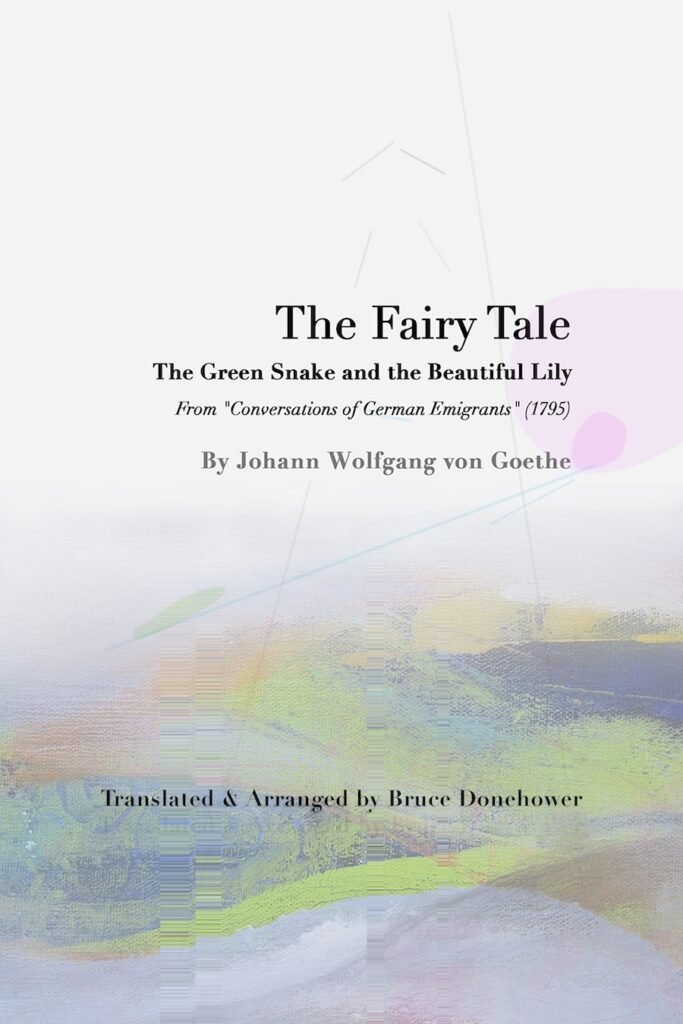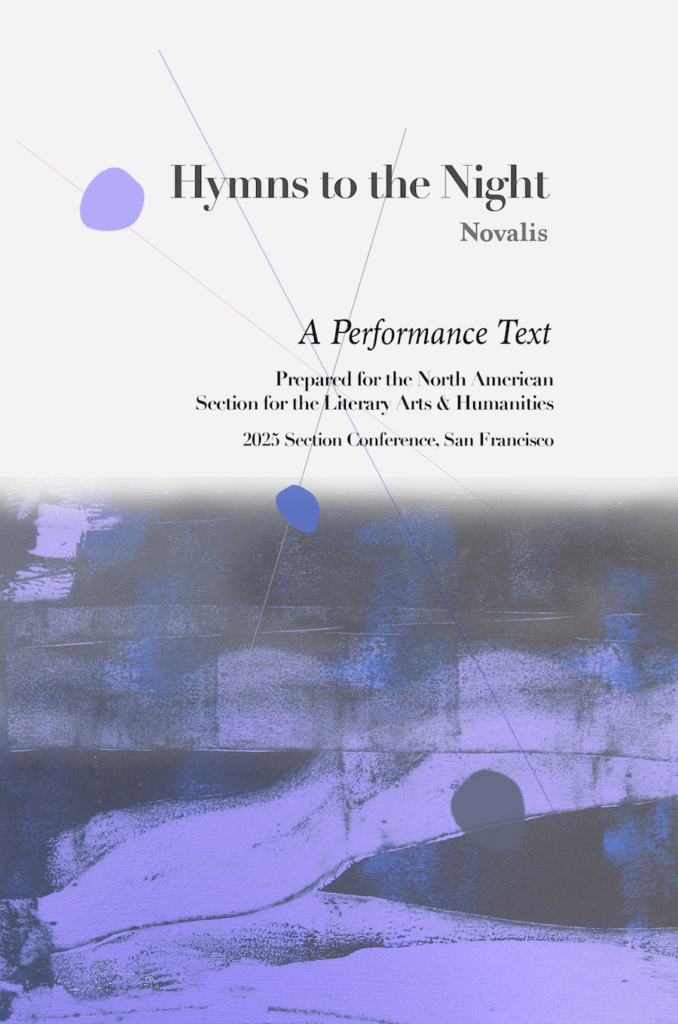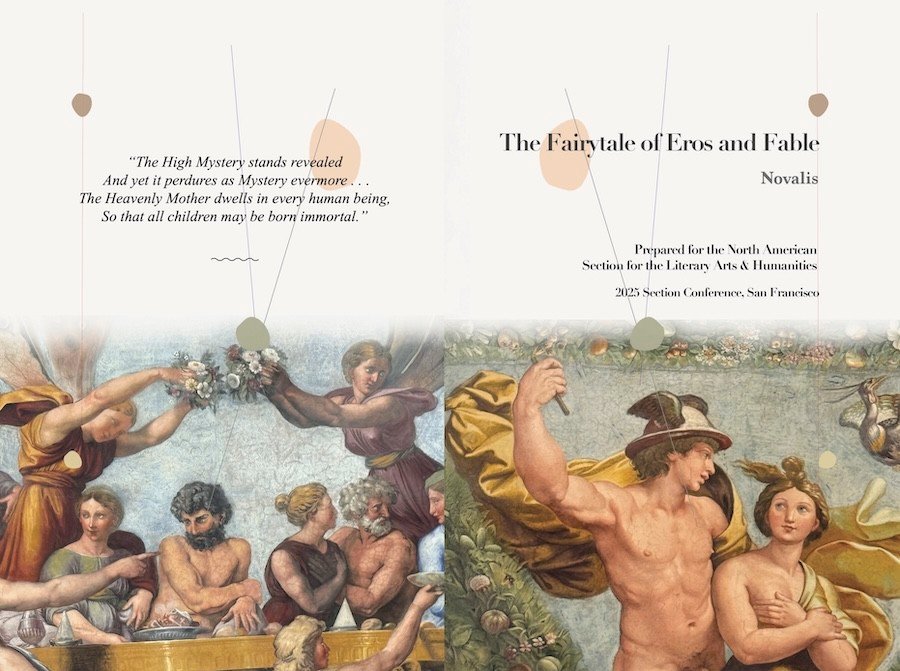“Wald und Wasserfall im Mondschein” by Carl Gustav Carus
The poem An den Mond by Goethe has a musical setting by Schubert.
In this German speech recitation, however, we chose the Adagio from Beethoven’s Moonlight Sonata played on the classical guitar.
The poem has themes of loss, death, and mourning – but more importantly, it subtly explores the mysterious bonds of inspiration and relationship that flow in lemniscate fashion between the worlds of the living and the worlds of the dead.
Rudolf Steiner celebrated Goethe and pointed to Goethe’s Fairy Tale of the Green Snake and Beautiful Lily as the “germinal seed” of the anthroposophical movement. This important text that inspired Rudolf Steiner’s anthroposophy in the 20th century is available in a fresh translation for our 21st century.
Purchase or Preview on Amazon
An den Mond
Füllest wieder Busch und Tal
Still mit Nebelglanz
Lösest endlich auch einmal
Meine Seele ganz;
Breitest über mein Gefild
Lindernd deinen Blick,
Wie des Freundes Auge mild
Über mein Geschick.
Jeden Nachklang fühlt mein Herz
Froh- und trüber Zeit,
Wandle zwischen Freud’ und Schmerz
In der Einsamkeit.
Fließe, fließe, lieber Fluß!
Nimmer werd’ ich froh;
So verrauschte Scherz und Kuß
Und die Treue so.
Ich besaß es doch einmal,
was so köstlich ist!
Daß man doch zu seiner Qual
Nimmer es vergißt!
Rausche, Fluß, das Tal entlang,
Ohne Rast und Ruh,
Rausche, flüstre meinem Sang
Melodien zu!
Wenn du in der Winternacht
Wütend überschwillst
Oder um die Frühlingspracht
Junger Knospen quillst.
Selig, wer sich vor der Welt
Ohne Haß verschließt,
Einen Freund am Busen hält
Und mit dem genießt,
Was, von Menschen nicht gewußt
Oder nicht bedacht,
Durch das Labyrinth der Brust
Wandelt in der Nacht.
______
Of Related Interest:
Hymns to the Night by Novalis
The Fairytale of Eros and Fable by Novalis
Atlantis by Novalis
The Fairytale of Hyacinth and Rosebud by Novalis
9.17.20






